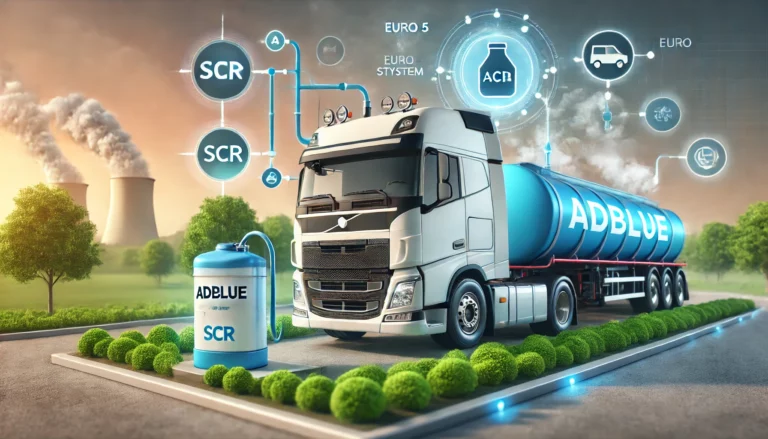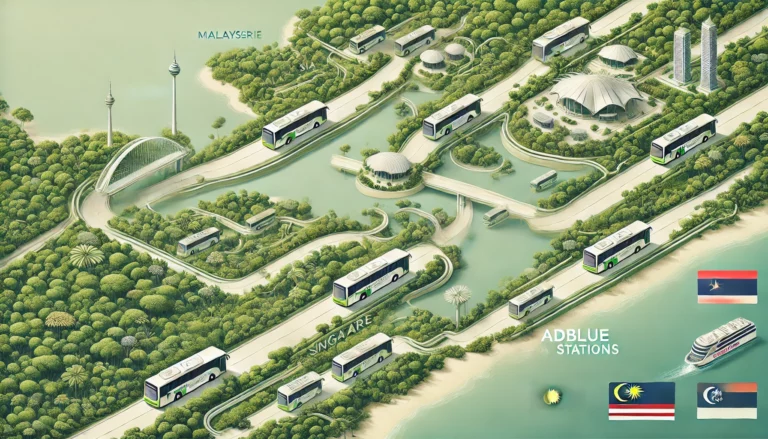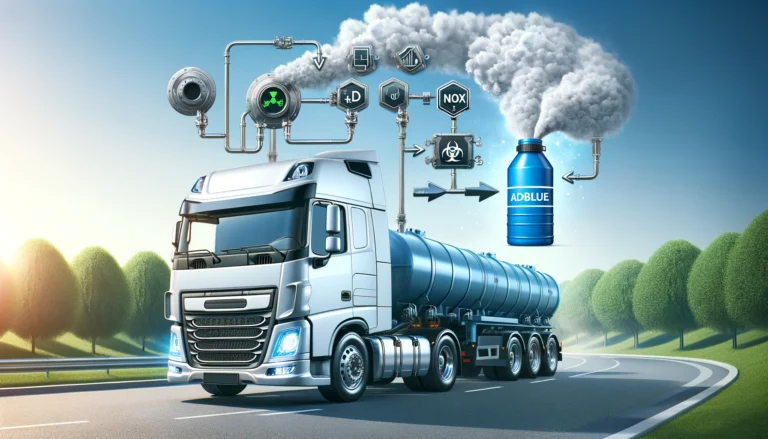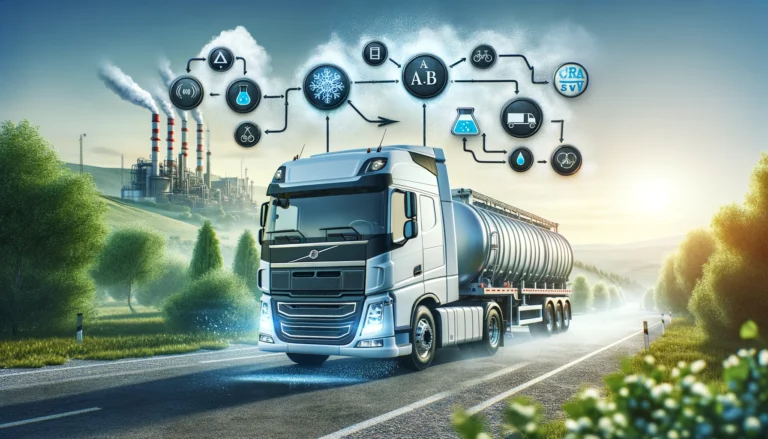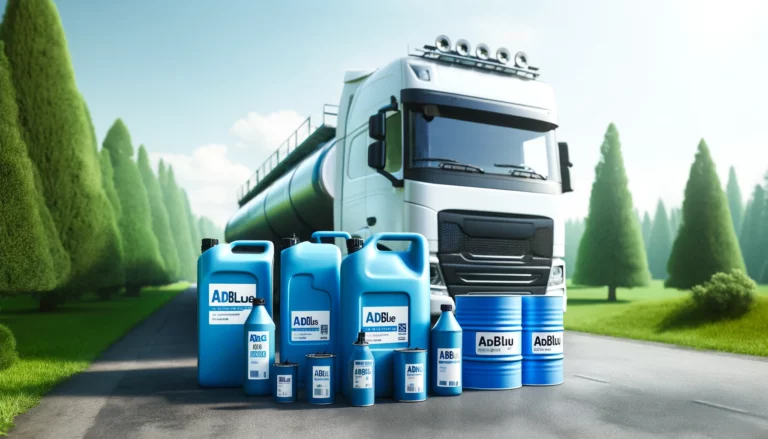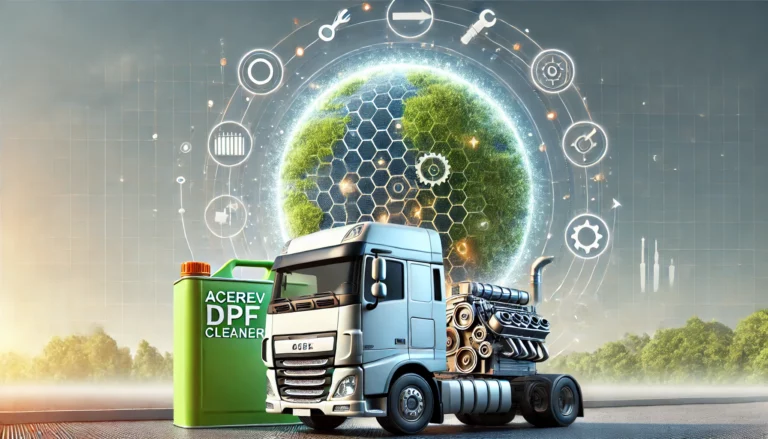Malaysia’s diesel emission regulations in 2025 will play a key role in reducing air pollution and improving environmental sustainability.
The upcoming regulations will closely align with Euro 5 and Euro 6 standards, requiring diesel vehicles to significantly reduce harmful nitrogen oxide (NOx) and particulate matter (PM) emissions.
Fleet operators will need to adopt advanced technologies such as Selective Catalytic Reduction (SCR) systems combined with the use of AdBlue® to achieve compliance.
Compliance and Penalties
Non-compliance with these stringent standards can result in hefty fines and operational restrictions.
AdBlue®, a high-purity urea solution, plays a critical role in ensuring that diesel vehicles meet emission targets by converting harmful NOx into nitrogen and water vapor.
To avoid penalties, it is essential for fleet operators to ensure their vehicles are equipped with SCR systems and consistently use AdBlue® to reduce emissions effectively.
Importance of Proper Fuel Choices
In addition to SCR technology, selecting the right fuel is critical.
Neste’s Renewable Diesel, as discussed in the handbook, offers an environmentally friendly alternative with properties that closely match traditional diesel.
Neste Renewable Diesel reduces greenhouse gas emissions and is compatible with modern diesel engines, making it an ideal choice for fleet operators seeking compliance with Malaysia’s 2025 regulations.
Conclusion
As Malaysia enforces these updated diesel emission standards in 2025, fleet operators must be proactive in adopting SCR technology and choosing fuels that support emission reductions.
By utilizing AdBlue® and renewable diesel alternatives, they can ensure compliance and contribute to a cleaner environment.
For more details, visit BlueDiesel.

